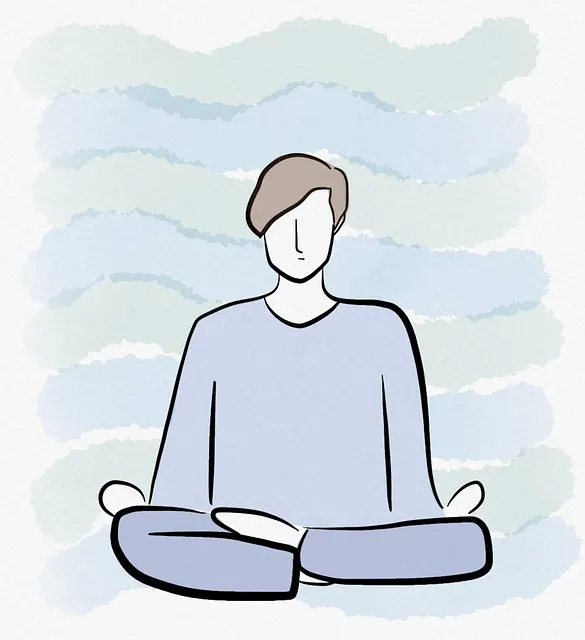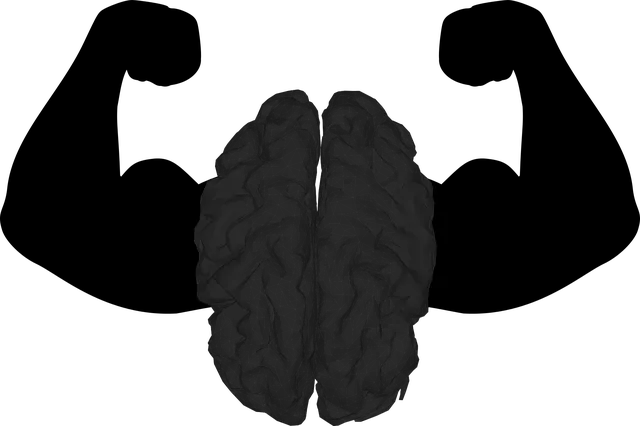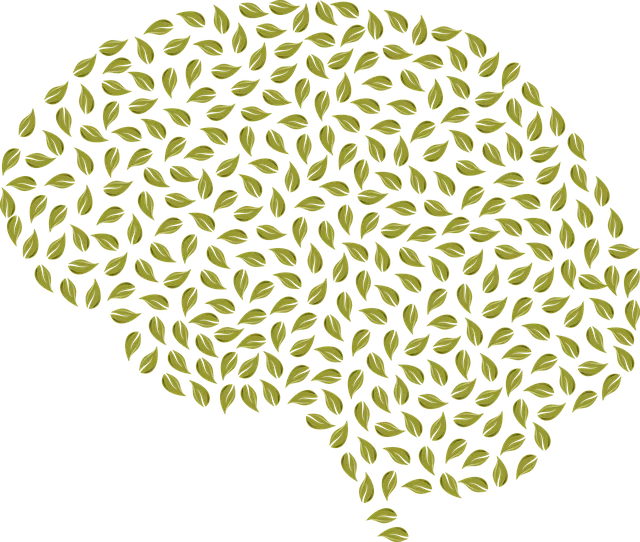Kaiser Permanente's mental health facility in Wheat Ridge prioritizes group facilitation as a powerful tool for enhancing patient care. Through structured yet flexible meetings, facilitators create safe and inclusive environments where individuals share experiences, boost self-esteem, build resilience, and discover effective coping mechanisms. Leveraging active listening, cultural sensitivity, mindfulness exercises, and positive affirmations, these sessions aim to empower patients, improve mental health outcomes, and reduce risks, fostering a supportive community within the Kaiser Permanente Wheat Ridge facility.
At Kaiser Permanente Wheat Ridge, group facilitation techniques play a pivotal role in enhancing mental wellness. This article delves into the unique approach adopted by the mental health facility to foster supportive environments through effective group sessions. We explore ‘Understanding Group Facilitation’, highlighting key strategies and best practices employed by facilitators to create safe spaces for healing. Discover how Kaiser Permanente Wheat Ridge is revolutionizing mental health care through these innovative techniques.
- Understanding Group Facilitation in Mental Health Care at Kaiser Permanente Wheat Ridge
- Key Techniques for Effective Mental Wellness Group Sessions
- Creating a Supportive Environment: Best Practices for Group Facilitators at Kaiser Permanente Wheat Ridge
Understanding Group Facilitation in Mental Health Care at Kaiser Permanente Wheat Ridge

At Kaiser Permanente Wheat Ridge, a renowned mental health facility, group facilitation plays a pivotal role in patient care. This approach recognizes the power of collective support and shared experiences in fostering mental wellness. Facilitators here employ various techniques to create a safe and inclusive environment where individuals can connect, share their journeys, and learn from one another.
The process involves structured yet adaptable meetings, encouraging open communication and active participation. These sessions not only enhance self-esteem and build resilience but also provide a space for exploring effective coping mechanisms and navigating complex emotions. The facilitators’ role is crucial in guiding conversations, ensuring every voice is heard, and promoting positive interactions. Through these group dynamics, Kaiser Permanente Wheat Ridge aims to empower individuals, improve their mental health outcomes, and potentially reduce risks by implementing evidence-based communication strategies.
Key Techniques for Effective Mental Wellness Group Sessions

Effective mental wellness group sessions at a Kaiser Permanente mental health facility in Wheat Ridge rely on a blend of key techniques. One such technique is active listening, where facilitators pay close attention to each participant’s concerns, fostering an inclusive and non-judgmental environment. This encourages open dialogue, allowing individuals to share their experiences and learn from one another, creating a supportive network within the group.
Another vital method is incorporating Cultural Sensitivity in Mental Healthcare Practice. Recognizing and respecting diverse cultural backgrounds enhances accessibility and engagement. Facilitators adapt their approaches to align with participants’ beliefs and values, ensuring everyone feels seen and heard. Additionally, integrating activities that promote Positive Thinking can significantly impact the group’s dynamics. These may include mindfulness exercises or positive affirmation practices, which not only enhance mental wellness but also create a harmonious atmosphere conducive to healing and growth.
Creating a Supportive Environment: Best Practices for Group Facilitators at Kaiser Permanente Wheat Ridge

At Kaiser Permanente Wheat Ridge, a leading mental health facility, group facilitators play a vital role in fostering a supportive environment for individuals seeking mental wellness support. Best practices emphasize creating a safe and inclusive space where every participant feels valued and heard. Facilitators should encourage active engagement by promoting open dialogue, ensuring confidentiality, and actively listening to members’ experiences and perspectives. This helps build trust and enhances the sense of community within the group.
Furthermore, facilitators can boost participants’ confidence through positive reinforcement and constructive feedback. By integrating Mental Health Policy Analysis and Advocacy techniques, they can also empower individuals to understand their rights and navigate available resources effectively. Regularly emphasizing Mental Health Awareness not only normalizes conversations around mental health but also encourages members to support one another, fostering a culture of understanding and empathy within the Kaiser Permanente Wheat Ridge community.
Group facilitation techniques play a pivotal role in enhancing mental wellness within Kaiser Permanente’s Wheat Ridge mental health facility. By fostering supportive environments and employing key strategies, facilitators can create safe spaces that encourage dialogue and promote healing. Understanding the nuances of group dynamics is essential for improving patient outcomes and ensuring a comprehensive approach to mental health care at Kaiser Permanente Wheat Ridge.






